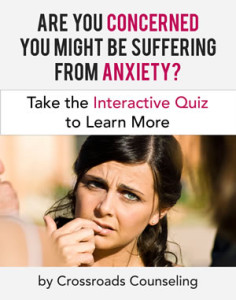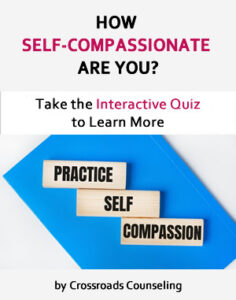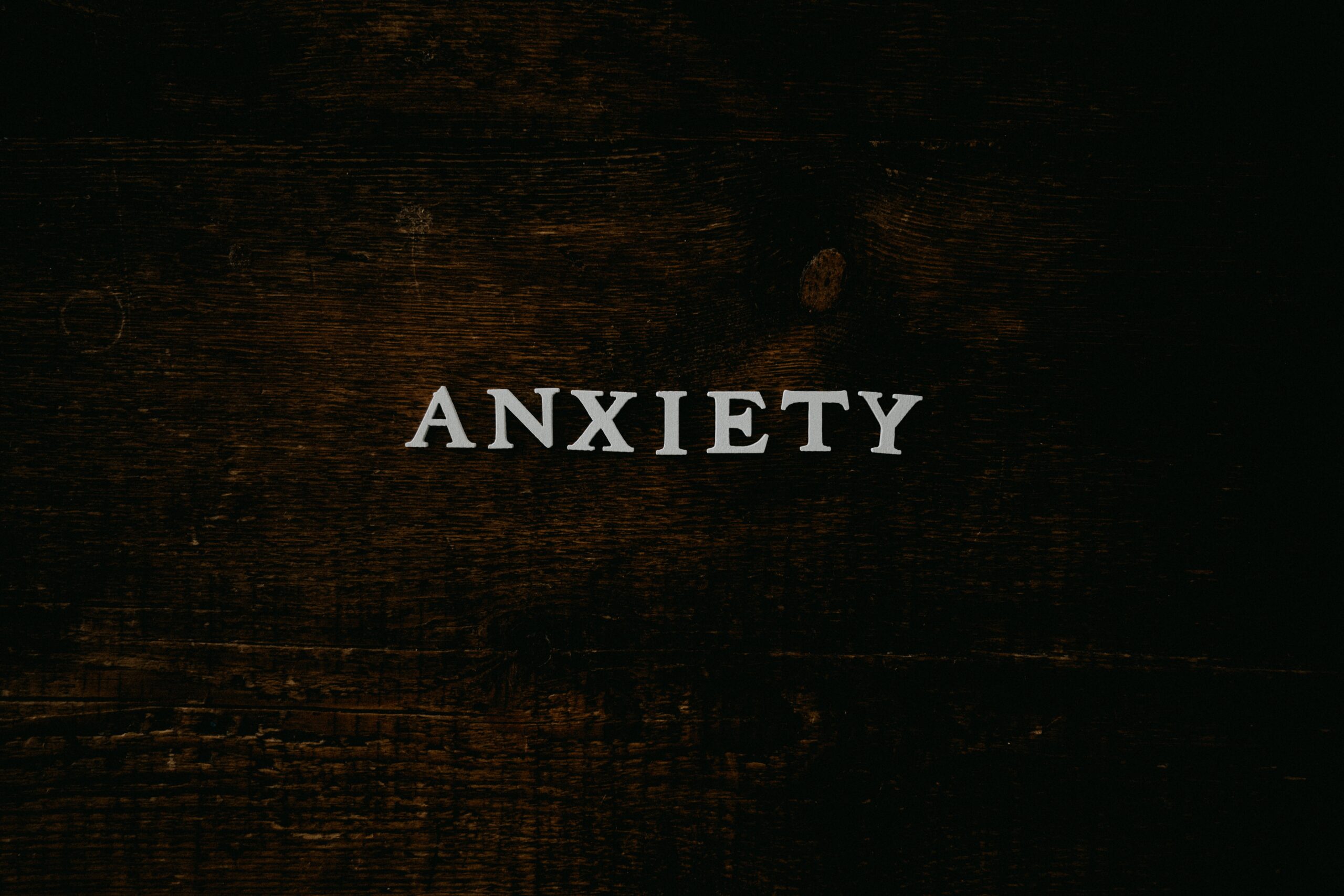Are you curious how mindfulness can help with anxiety? Mindfulness is a word that seems to get thrown around a lot lately. It’s been marketed in a variety of different ways, which has unfortunately reduced its credibility with some people. But, don’t let the mass marketing of mindfulness turn you away from what it really is—or, what it’s meant to do.
Mindfulness, at its core, is an incredibly effective tool, especially when you’re dealing with anxiety.
Whether you’ve heard of mindfulness or not, using it as a practice in your everyday life to manage anxiety symptoms can be helpful, and allow you to feel more in control.
Let’s take a closer look at how mindfulness can help anxiety and how you can make it part of your routine.
What Is Mindfulness?
Mindfulness is a meditative practice that allows you to focus on the present. The idea is to let go of anxious thoughts from the past or any “what ifs” you might think about when it comes to the future. When you’re in tune with your own body and surroundings, you’re less likely to get distracted by those worries.
It’s actually a basic human ability to be fully present in the moment. But, we live in a world where it’s so easy to get distracted—even by our own thoughts and fears—that mindfulness often takes intentional practice.
How to Be More Mindful
You can practice mindfulness in various ways throughout the day. Many people incorporate it into their routines by spending a few minutes each morning in a meditative state.
To practice mindful meditation, close your eyes and focus on your breathing. Take slow, deep breaths as you pay attention to how your body feels in that moment. What do you hear? What do you smell? Consider every sensation you’re feeling and don’t hold on to any thoughts that might try to steal your attention.
Even just a few minutes of practicing mindfulness each day can help to reduce your stress levels.
How Does Mindfulness Work with Anxiety?
Practicing mindfulness as part of a routine can naturally make anxiety easier to handle. When you’re less stressed and overwhelmed, you’ll find less to be anxious about.
However, you can also use mindfulness as a tool to help with symptoms of anxiety, as needed. If you’re feeling anxious or starting to panic, remind yourself to “pause,” no matter what you’re doing.
Use mindfulness to slow down your thoughts and focus on your breathing. Think about how you feel in that moment, and the sensations going through your body. Are you warm? What are your hands doing? What sounds are around you?
By taking the focus away from the anxious thoughts and settling back into the present, your fears won’t have as much power. Mindfulness puts you back in the driver’s seat of your own life.
One of the most difficult aspects of using mindfulness for anxiety is keeping those anxious thoughts from continuing to creep in. An effective way to help with that is to think of each incoming thought as a cloud. You can’t grasp it, and it will continue to pass by. You can’t control the thoughts that come into your head, but you can control what you do with them.
If you’ve never tried mindfulness, it often takes some getting used to. But, as long as you remain focused in the moment and willing to let go of anxious thoughts as they threaten your mind, it will become easier each time you make it a tool in your arsenal to fight back against anxiety.
Time to Get Help!

Begin Working with An Anxiety Therapist in Phoenix, Scottsdale, and online in Arizona
If you are ready to turn your panic attack into a plan of attack then please consider anxiety therapy through Crossroads Phoenix and Scottsdale Counseling Centers. Our Relationship Centers are located throughout the valley with counseling centers located in Phoenix, Anthem, Scottsdale and throughout all of Arizona with online counseling. You can start your therapy journey by following these steps:
- Contact Crossroads Counseling for a complimentary 20-minute phone consult
- Meet with an anxiety counselor
- Start coping with your anxiety symptoms
Our offices are located throughout the valley with counseling centers located in Phoenix, Anthem, and Scottsdale. Call us at 623-680-3486,text 623-688-5115, or email info@crossroadsfcc.com. We offer a complimentary 20-minute phone consultation to answer your questions and better understand how we can help you.
Click here for more information on anxiety therapy. Also, check out our anxiety counseling video below…












